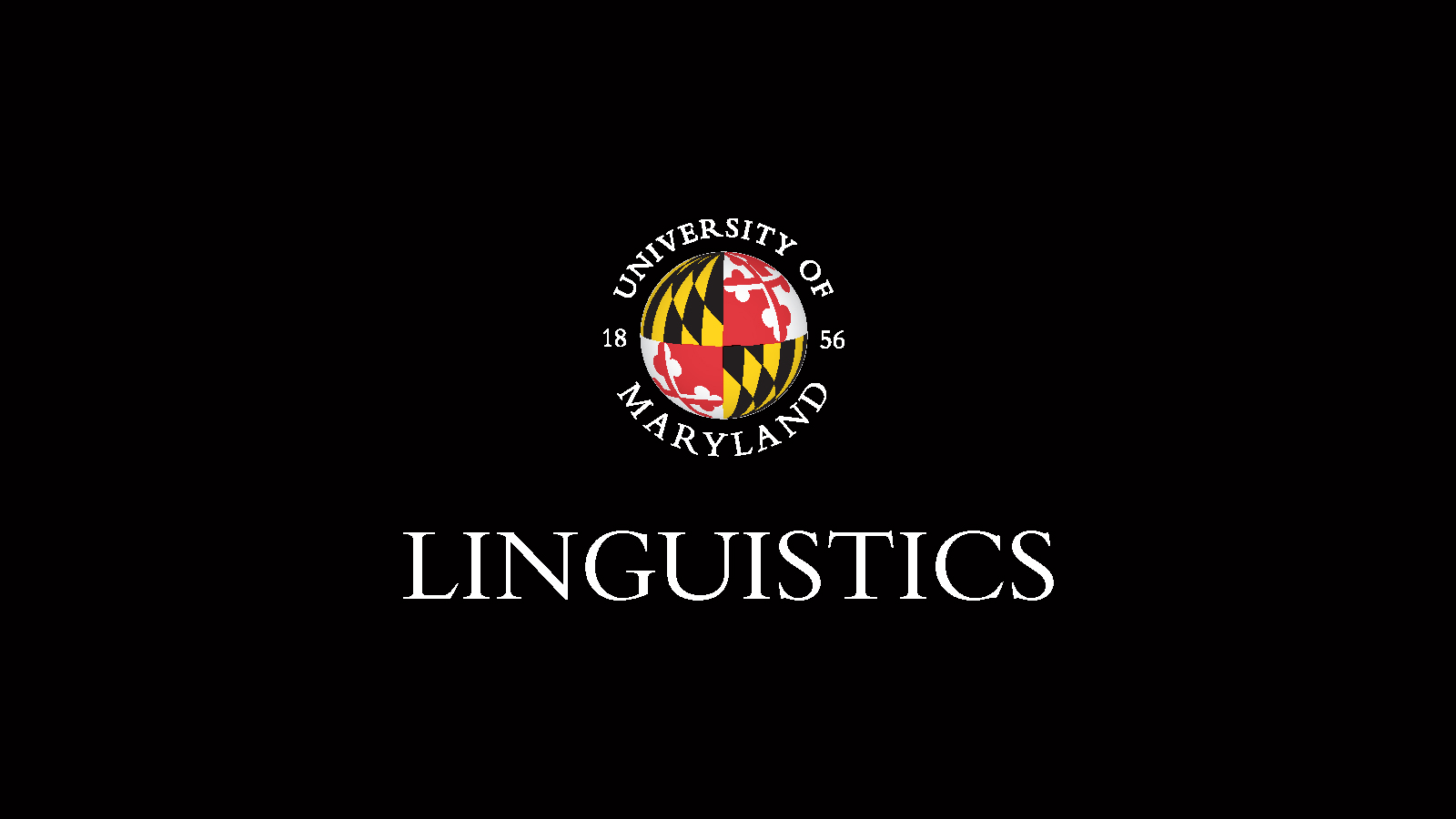Michael Glanzberg (Rutgers) - Precise Meanings and Loose Concepts: Roles for Underdetermination and Imprecision in Formal Semantics

Michael Glanzberg (Rutgers) - Precise Meanings and Loose Concepts: Roles for Underdetermination and Imprecision in Formal Semantics
Standard approaches to formal semantics of natural language operate
with a rich ontology of highly precise meanings. Predicates of various
sorts are assigned precise extensions, or as we will explore in this
paper, precise degree values. On the other hand, cognition is known to
show many forms of imprecision. How then can our formal models capture
cognitive realistic aspects of meaning? In this paper, I explore how
the two aspects of meaning---precise and imprecise---can fruitfully
interact, focusing on the case of abstract scale structure. I argue
that our linguistic systems can work with precise values where
cognition and context provide only underspecified or approximate ones.
The precision we see with many semantic values reflects their
linguistic roles: expressing linguistically specific content, grammar,
and feeding composition. Underdetermination, I propose, comes from the
interface with cognition and with context.

